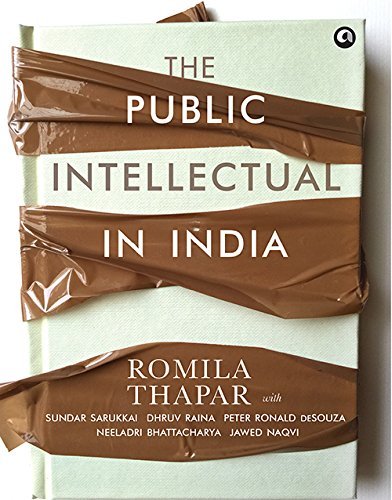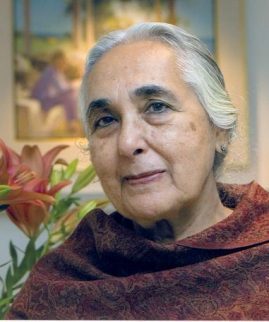
The Public Intellectual in India
2015
First Published
3.52
Average Rating
204
Number of Pages
The public intellectual in India is an endangered species. Should we care? In this well-argued book, Romila Thapar and others tell us why we should. Thapar begins by defining the critical role that such individuals play in our societies today. Collectively, they are the objective, fearless, constructive voice that asks the awkward questions when government, industry, religious leaders and other bulwarks of society stray from their roles of ensuring the proper functioning of a country whose hallmarks are (or should be) social and economic equality, justice for all, and the liberty to say, think and profess the fundamental requirements of good citizenship. Through the lens of history, philosophy, science, and politics, she shows us the key role enlightened thinkers and activists have played in India, Europe and elsewhere. Today, as the liberal space in India is threatened by religious fundamentalism, big business, and, worryingly, a government that appears to be tacitly (and sometimes overtly) encouraging the attack on freedom of expression, secular values and rational readings of history, there could be no book as timely as this one. With contributions from writers and scholars in the fields of philosophy, science, history, journalism and social activism, The Public Intellectual in India shows us why it is important to have independent voices to protect the underprivileged, ensure human rights and social justice, and watch over the smooth functioning of our liberal, secular democracy.
Avg Rating
3.52
Number of Ratings
120
5 STARS
23%
4 STARS
34%
3 STARS
25%
2 STARS
6%
1 STARS
12%
goodreads
Author

Romila Thapar
Author · 24 books
Romila Thapar is an Indian historian and Professor Emeritus at the Jawaharlal Nehru University, New Delhi. A graduate from Panjab University, Dr. Thapar completed her PhD in the School of Oriental and African Studies at the University of London. Her historical work portrays the origins of Hinduism as an evolving interplay between social forces. Her recent work on Somnath examines the evolution of the historiographies about the legendary Gujarat temple. Thapar has been a visiting professor at Cornell University, the University of Pennsylvania, and the College de France in Paris. She was elected General President of the Indian History Congress in 1983 and a Corresponding Fellow of the British Academy in 1999.